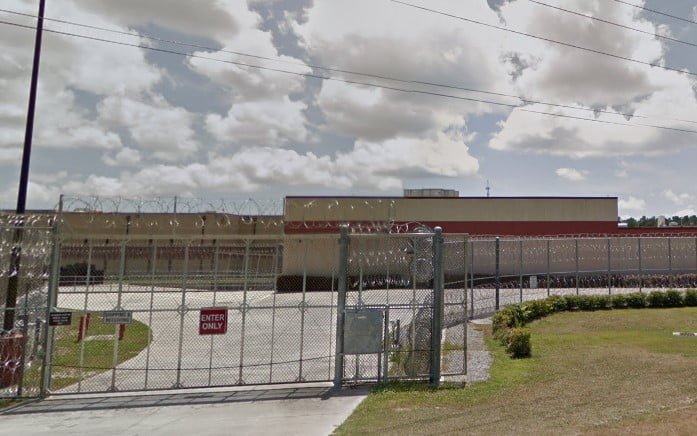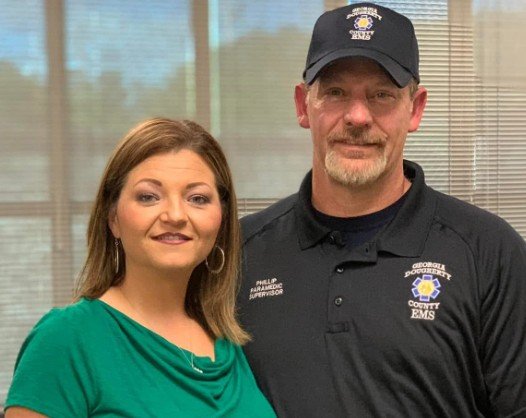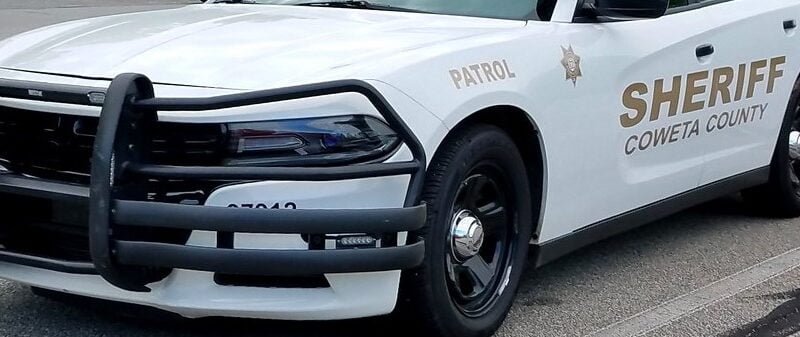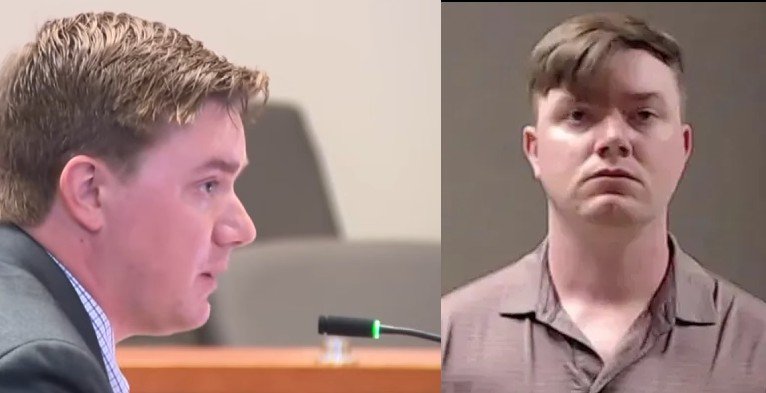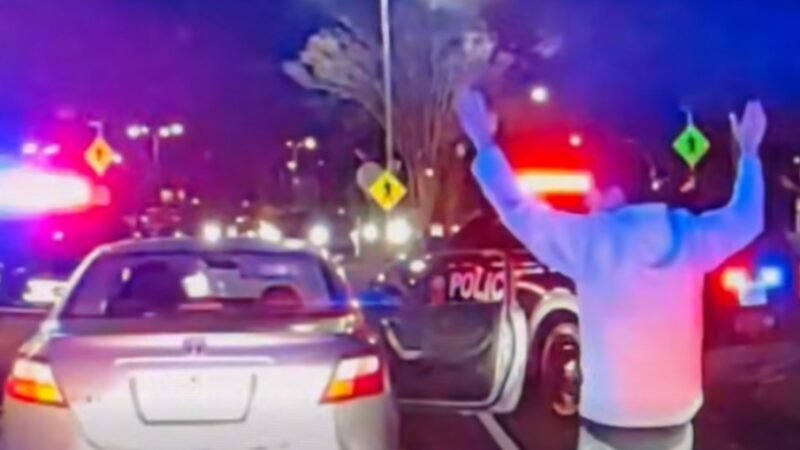Attorney General Warns Georgians of Price Gouging, Fraud Following Tropical Storm Debby
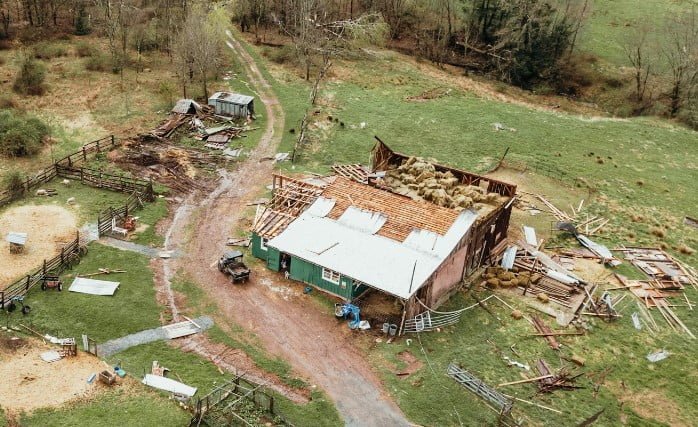
In the aftermath of Tropical Storm Debby, Georgia Attorney General Chris Carr is urging residents to be on high alert for potential scams, including price gouging, fraudulent home repair services, and the sale of flood-damaged vehicles. As recovery efforts continue, Carr emphasized the importance of vigilance to prevent further harm to those affected by the storm.
Price Gouging Protections in Effect
On August 3, 2024, Governor Brian Kemp declared a State of Emergency for Tropical Depression 4, which later developed into Tropical Storm Debby. This declaration triggered price gouging protections across the state. These protections apply to essential goods and services, including motor fuel, diesel fuel, and other petroleum products. Under Georgia law, it is illegal to raise prices to an unreasonable or excessive level during a state of emergency.
The price gouging protections are set to remain in effect until 11:59 p.m. on Thursday, August 15, 2024. Consumers who suspect price gouging can report it to the Attorney General’s Consumer Protection Division. Detailed information on how to recognize and report price gouging is available on the division’s website.
Home Repair Fraud: A Growing Concern
As Georgians begin to repair and rebuild homes and businesses damaged by the storm, Attorney General Carr highlighted the risk of home repair fraud. Known as “storm chasers,” these scammers often appear in the wake of natural disasters, preying on vulnerable homeowners in need of urgent repairs.
Common tactics used by these scammers include:
- Upfront Payment Demands: Scammers may ask for full payment before any work is done, only to disappear without completing the job. In some cases, they may perform substandard work or charge for unnecessary repairs.
- Exorbitant Pricing: Some fraudsters take advantage of the desperation following a disaster to charge exorbitant prices for services like tree removal or roof repairs.
- Insurance Fraud: In some instances, scammers may offer to cover a homeowner’s insurance deductible in exchange for filing a fraudulent claim. This could potentially implicate the homeowner in insurance fraud, leading to legal consequences.
To protect against home repair fraud, the Attorney General’s office advises consumers to:
- Avoid Contractors Who Demand Full Payment Upfront: Legitimate contractors typically request partial payment upfront, with the remainder due upon completion of the work. Payment in cash or refusal to provide a written contract are red flags.
- Be Wary of Door-to-Door Offers: Scammers often target storm victims by going door-to-door, offering immediate repair services. Instead of accepting these offers, homeowners should seek referrals from trusted friends, neighbors, or local businesses.
- Verify Contractor Credentials: Homeowners should check the credentials of any contractor they consider hiring. This includes verifying licenses with the Georgia Secretary of State’s Office and checking for complaints with the Better Business Bureau.
Additionally, specific licensing requirements exist for certain types of contractors:
- Tree Removal: Ensure the contractor has a valid arborist license from the International Society of Arboriculture.
- Water Damage and Mold Remediation: Only hire local businesses that specialize in mold remediation and property restoration, verified through organizations like the Society of Cleaning and Restoration Technicians and the Restoration Industry Association.
- General Contractors, Electricians, Plumbers, HVAC Technicians: These professionals must be licensed with the Georgia Secretary of State’s Office. Licensing can be verified through the state’s website at sos.ga.gov.
Consumers should also request that contractors provide documentation such as a business license, general liability insurance, workers’ compensation insurance, and written warranties for both materials and labor. Public adjusters must also be licensed to operate in Georgia, and homeowners can verify their credentials by contacting the Insurance Commissioner’s Office.
Beware of Flood-Damaged Vehicles
In addition to home repair fraud, Carr warned consumers about the potential for flood-damaged vehicles to be sold as undamaged in the used car market. Vehicles that have been submerged in water can suffer extensive damage, including electrical system failures, impaired brakes, and malfunctioning airbags.
Flood-damaged vehicles are often declared a total loss by insurance companies and branded as “salvage vehicles.” However, through a practice known as “title washing,” some sellers transfer the vehicle to another state where title branding is not required, then return it to Georgia or another state to sell with a clean title. This can deceive both the dealer and the consumer, leaving buyers unaware of the vehicle’s compromised condition.
To avoid purchasing a flood-damaged vehicle, the Attorney General’s office recommends taking the following steps:
- Check the Vehicle’s History: Use the National Motor Vehicle Title Information System (NMVTIS) to check the vehicle identification number (VIN) for any records of the vehicle being branded as “junk,” “salvage,” “flood,” “rebuilt,” or “reconstructed.” The NMVTIS is the only database where auto insurers, salvage pools, junkyards, and auto recyclers are required by federal law to report total loss vehicles within 30 days.
- Inspect the Vehicle for Signs of Flood Damage: Look for indicators such as a musty odor, watermarks on the upholstery, rust on metal components, or mud in hard-to-reach places like the glove compartment or under the seats. Be cautious of strong detergent smells, which may be used to mask mildew. Thoroughly check the ignition, lights, wipers, air conditioner, heater, and all other electrical components.
- Have the Vehicle Inspected by a Trusted Mechanic: Before signing any contracts or making a payment, have the car inspected by a mechanic who is not affiliated with the dealership. A professional inspection can reveal hidden damage that may not be apparent to the average buyer.
Reporting Scams and Seeking Assistance
Georgians who believe they have encountered a scam related to price gouging, home repair fraud, or flood-damaged vehicles are encouraged to report it to the Attorney General’s Consumer Protection Division. The division can be reached at 404-651-8600 or 1-800-869-1123 (toll-free in Georgia). Complaints can also be filed online.
For concerns related to insurance fraud, such as fraudulent claims or issues with contractors, residents can contact the Insurance Commissioner’s Office at 404-656-2070 or 1-800-656-2298. The office also provides assistance for those having trouble contacting their insurance company or who have questions about their policy.
By remaining vigilant and following these guidelines, Georgians can protect themselves from fraud and ensure a smoother recovery process in the wake of Tropical Storm Debby.

